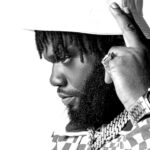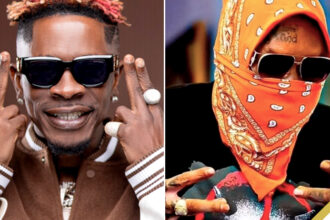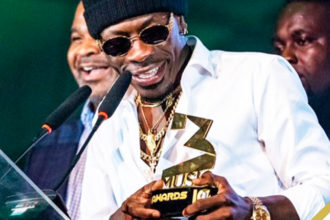In a groundbreaking move that signals the evolution of global music classification, Apple Music has officially added African Dancehall as a stand-alone genre—distinct from traditional Jamaican Dancehall and Reggae. This digital milestone marks a pivotal moment in African music history, as it not only legitimizes the vibrant and fast-growing dancehall scene across the continent, but also acknowledges its unique sound and cultural identity separate from its Caribbean origins.
At the forefront of this genre-defining development is Ghanaian superstar Shatta Wale, whose extensive catalogue is currently the only one featured under the new African Dancehall category. Albums such as Time & Season (2014), After The Storm (2016), HBD Mixtape (2018), Wonder Boy (2019), and his most recent effort M.A.A.L.I. (2023) are laying the foundation for how Apple Music editors and backend staff shape this new genre tag. Known for his tireless advocacy, Shatta Wale has long insisted that African artists deserve their own space within the global dancehall narrative. “African Dancehall is not a copy, it’s a culture built from our experiences, our rhythms, and our people,” he said in a previous interview.
The influence of dancehall in Africa has seen exponential growth in recent years. According to a 2023 Afrobeats and Diaspora Music Trends report by Boomplay, African dancehall is among the top five most-streamed subgenres on the platform, especially in Ghana, Nigeria, and Kenya. Artists like Stonebwoy, Patoranking, and Burna Boy—though more widely categorized as Afro-fusion—have incorporated heavy dancehall elements into their work, illustrating the genre’s cross-continental appeal. Meanwhile, Jamaican dancehall still commands a loyal global audience, with stars like Vybz Kartel, Popcaan, and Shenseea clocking in millions of streams monthly, but the emergence of a distinct African identity suggests a shift in how cultural ownership of the sound is evolving.
Critics and fans alike have long debated the blurred lines between Caribbean dancehall and its African counterpart, but the Apple Music designation provides formal industry recognition for what has been bubbling on the continent for more than a decade. As African dancehall cements its place on global platforms, it’s clear that Shatta Wale is not just participating in history—he’s helping to write it.












